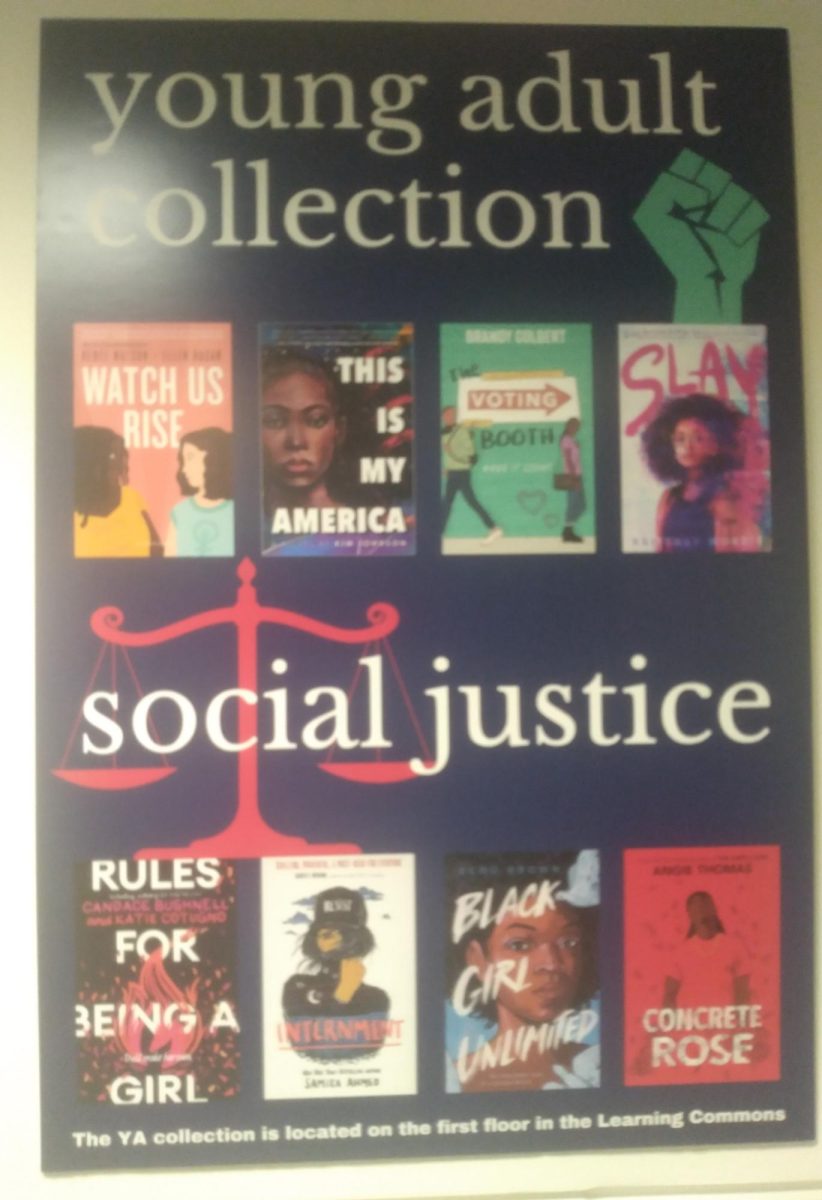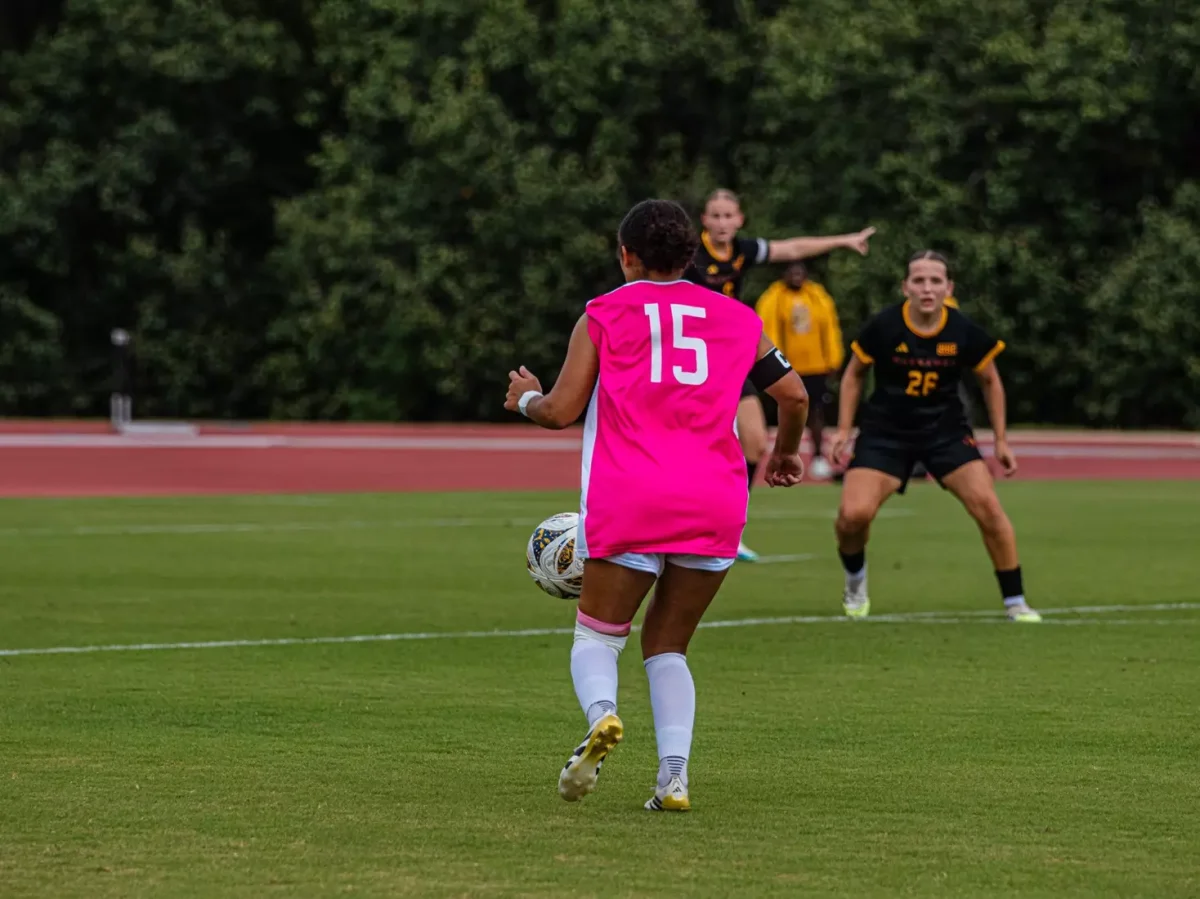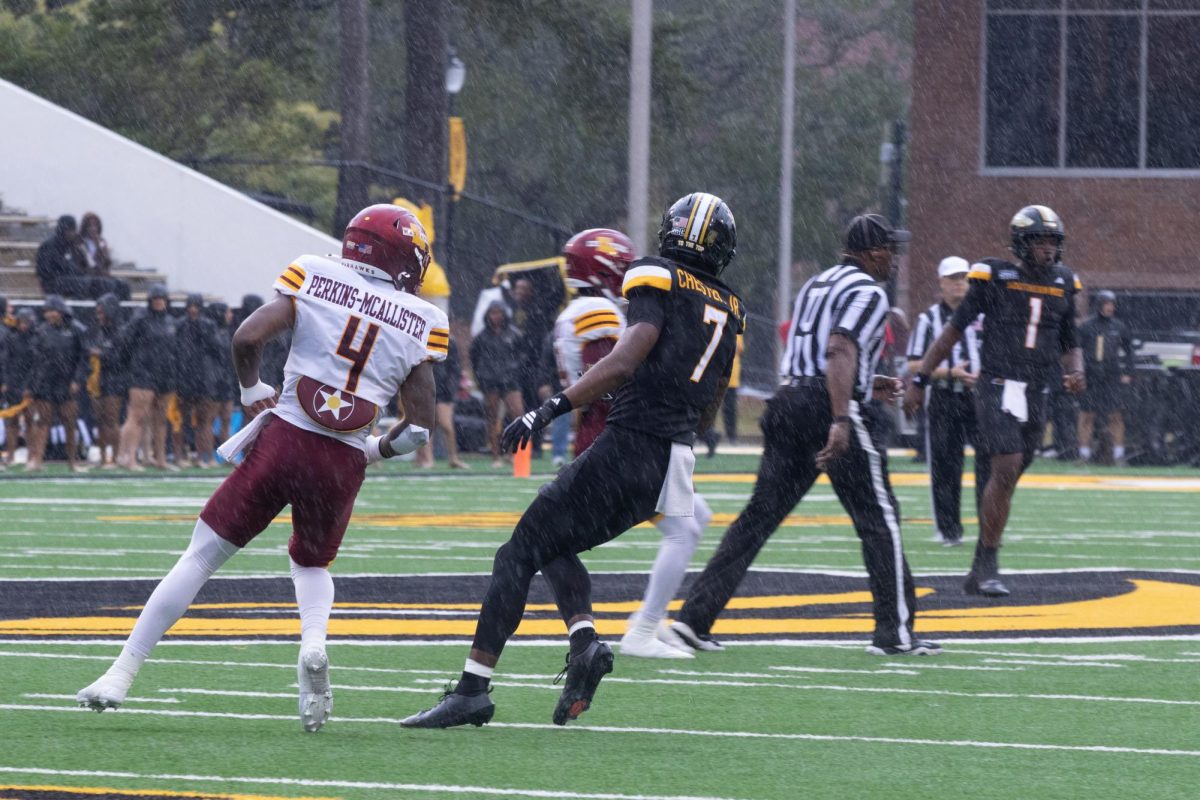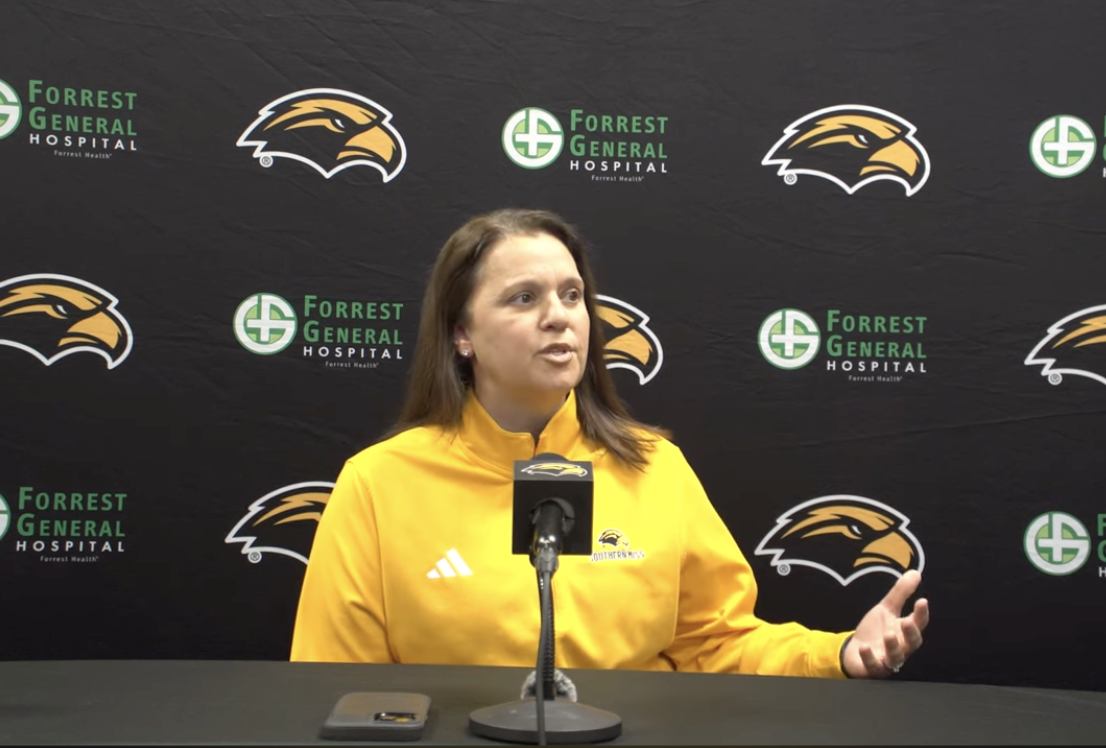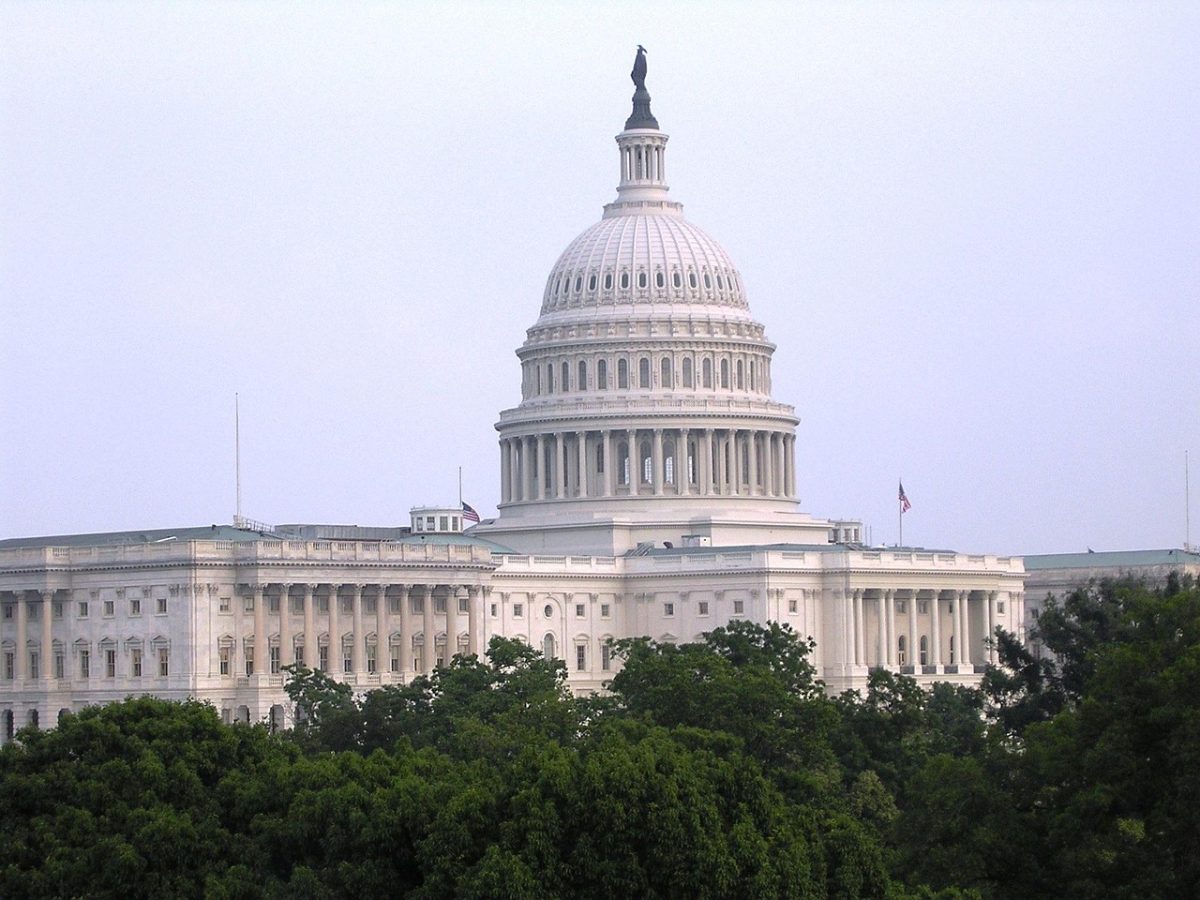The Student Government Association held its second constitutional convention in the office of SGA President McKenna Stone on Monday, June 18. The meeting consisted of reviewing the current constitution to find inconsistencies, vague wordings and other passages the members of the committee have issues with. Of the issues addressed, the key highlights included budget and purchase card issues, the introduction of a new program named Varsity in the constitution and reviewing the outstanding powers of all SGA executive officers.
As stated in the current constitution, a minimum of seven members of the committee are required to be present at the meetings. Out of 12 committee members, eight were present, including Stone, Attorney General Lauren-Hunter Gaudet, Director of Public Relations and Marketing Cameron Kenney, Senate President Pro Tempore Caroline Carney, Treasurer Matthew Keller and Judicial Board representative Reid Renfroe. Vice President Corai Jackson and Election Commissioner Katie Rogers attended the meeting via Skype.
The meeting’s original itinerary started with Article I, Section One and was to span all the way to the end of the current constitution. However, the committee did not complete its original plan during the hour and 30-minute long meeting but mainly consisted of questioning vagueness and often planning to revisit other unclear passages in the future.
The committee also turned their attention to Article II, Section Two, the powers of the SGA president. Section Two of the constitution states that one of powers and duties of the SGA president is having “the power to terminate any prior appointment made by any SGA president.” Stone voiced her concern that this power could lead to the removal of someone based on biased opinions.
Spending was another key topic during the meeting. Keller said that the committee will be adding a new section to include a more detailed approach to their spending.
According to Stone, the current way spending works is that the SGA is given a purchase card, also called a “p-card,” that is handled by their advisor. Only a few people in the SGA have access to the card, which Stone admits has caused problems in the past.
“Last year, we had some issues enforcing the p-card,” Stone said. “The policy isn’t really written down anywhere, so people from Cabinet and Senate who didn’t have the authority to do so were testing out the p-card.”
Stone said they were able to track the spending, but they want to use this rewrite as an opportunity to not only set boundaries but create a better way to track the spending. Keller said he would have more input after speaking with Wynde Fitts, the SGA advisor.
The committee also opened dialogue regarding Article I, Section Two during the meeting. Stone explained how the section is now obsolete with the advent of their new “Varsity” sub-branch. Varsity was created by Stone and hopes to get more students involved in the student government. Unlike other sections and requirements of the SGA constitution, there is no 2.5 GPA requirement for the program. This is still planned to be clarified in the new draft, however.
The committee also discussed the constitution’s mentions of executive officers and executive council. Kenney said he prefers the executive officers title over a council. Afterwards, the meeting switched to the powers of the president, where Stone expressed her concerns with the current chain of succession in relation to the chain of command.
“We had trouble figuring out the chain of command because it is not actually stated in the SGA constitution,” Stone said.
Stone explained the current chain of succession is from the president to vice president and then Senate president pro tempore, but this has the potential to cycle through the Senate for the presidency, rather than a line through the executive officers. The proposed solution would be for a vice president to fulfill the duties of the president and vice president at the same time.
“Speaking from experience of both positions,” Stone said, “I can’t imagine fulfilling both duties at the same time because they are both fulltime positions. Honestly, I can’t see it being feasible.”
The next meeting of the committee is set for early July. The plan is to finish going through the constitution in the same manner as this meeting and continue on to the student bylines.
“[The Constitutional rewrite] is tedious work, I will admit that, but I feel everyone is doing exactly what they need to at this point,” Stone said.






